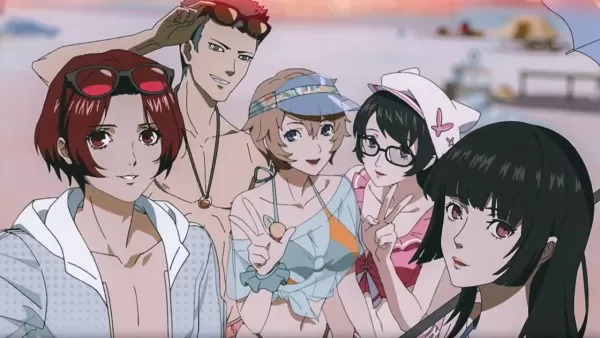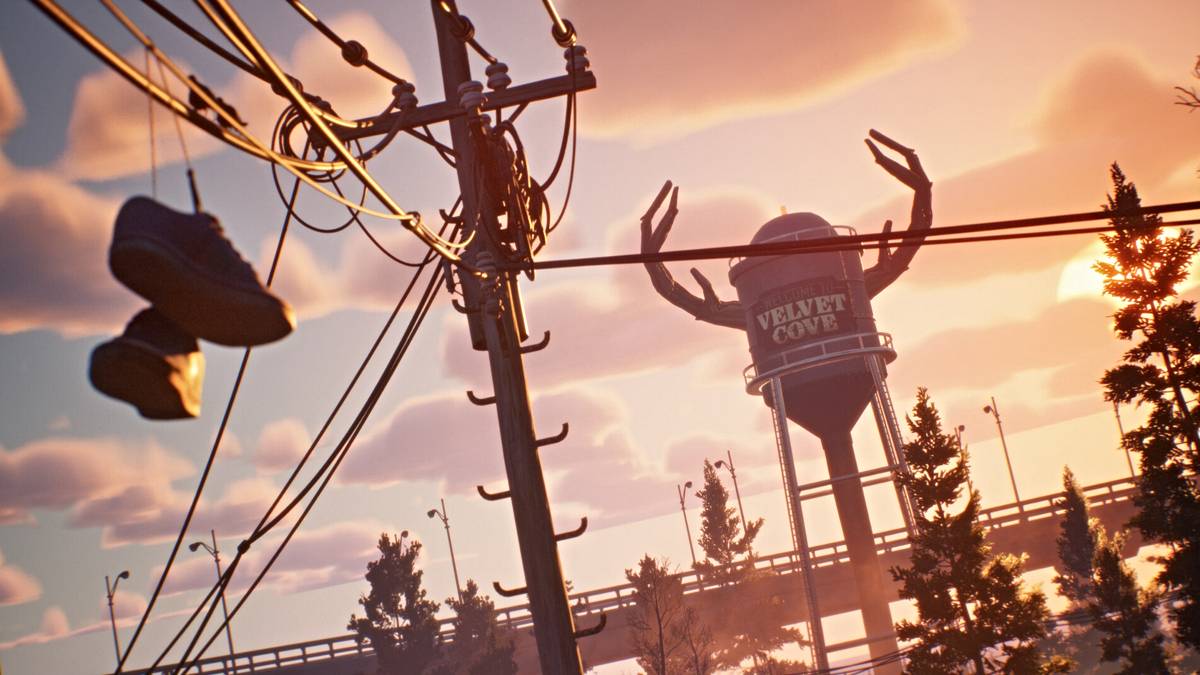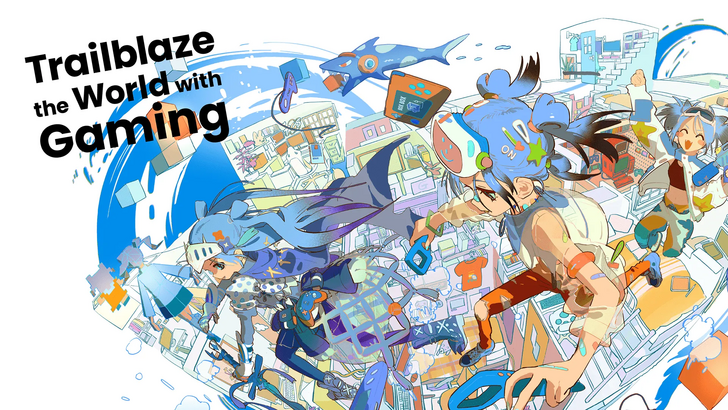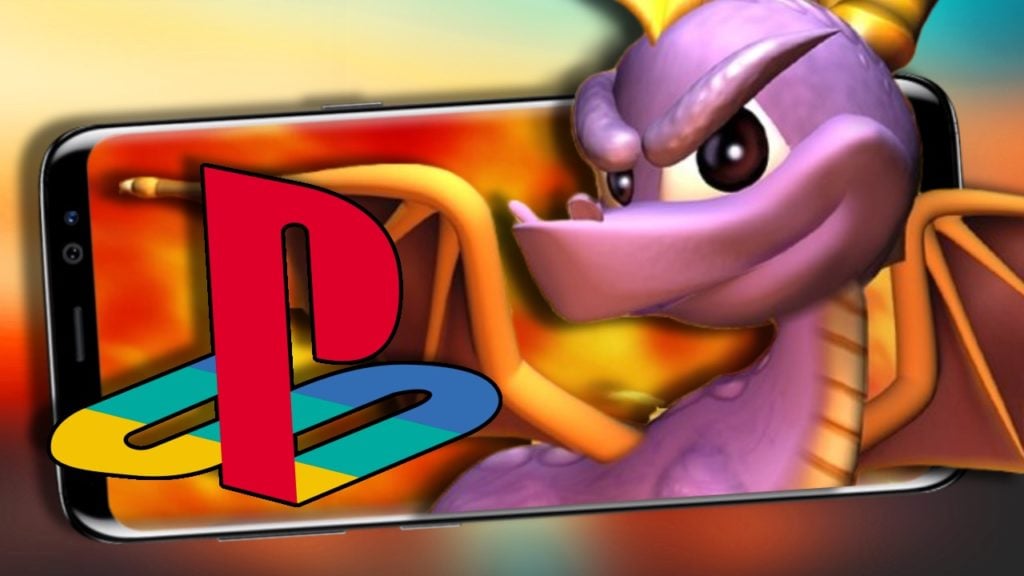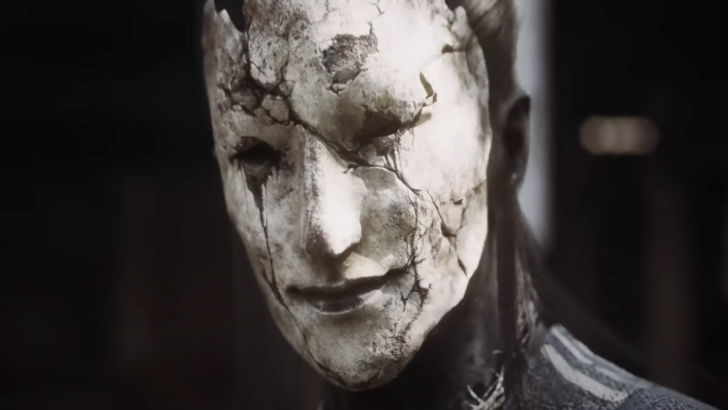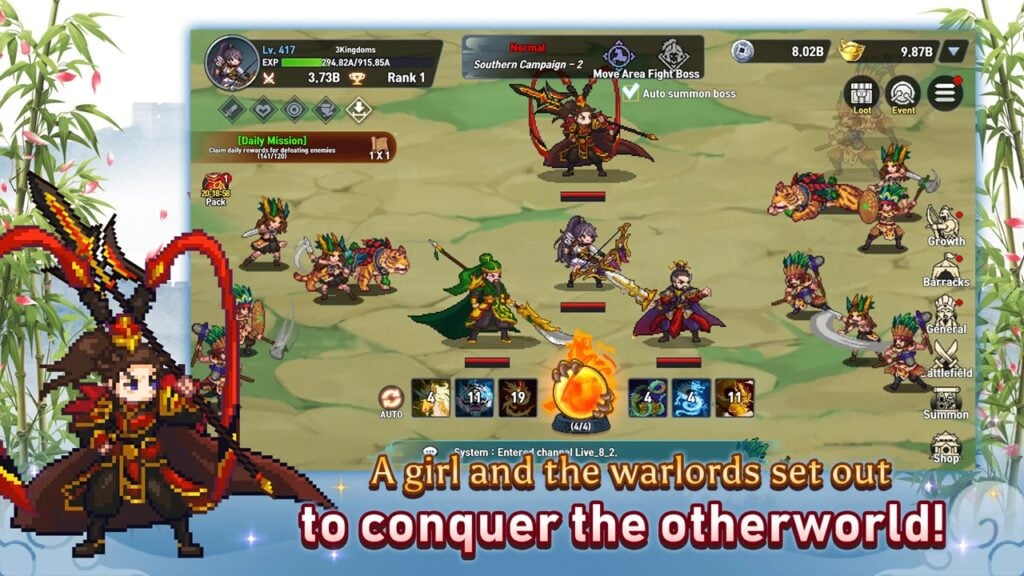The ongoing uncertainty surrounding tariffs is already making waves in the video game industry. Some companies are either removing products from U.S. shelves or increasing prices to counterbalance rising production costs. However, Sony and Microsoft—two of the most influential players in consumer electronics—are handling the situation in notably different ways.
Sony's Response to Tariffs
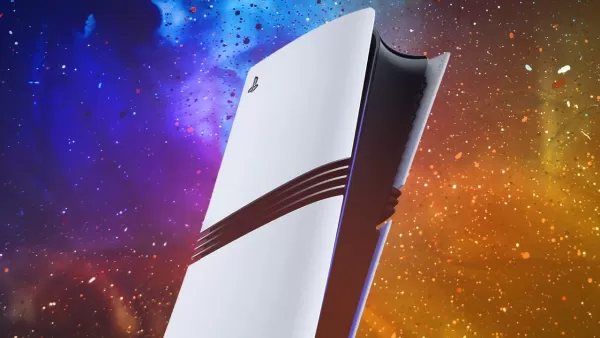
Shortly after the Trump Administration implemented "reciprocal tariffs" on April 5, Sony announced a price increase for PS5 consoles across Europe, the UK, Australia, and New Zealand. The company cited “a challenging economic environment, including high inflation and fluctuating exchange rates” as the primary reasons behind the move. This marks the second time in three years that Sony has raised PS5 prices, although the U.S. market has so far been unaffected by such increases.
However, that could soon change. In a recent interview, Sony CFO Lin Tao revealed that the company is closely monitoring “the market trend” and may eventually pass on additional costs—including both pricing and shipment allocation—to consumers. To prepare for potential disruptions, Sony has stockpiled a three-month supply of PS5 units in the U.S., aiming to cushion any immediate effects of new tariffs.
Considering that tariffs could impact Sony’s business by up to $685 million, it seems increasingly likely that U.S. prices will rise. After all, the U.S. accounts for nearly 40% of PlayStation’s global market, and Sony can’t absorb those losses indefinitely.
The PlayStation Days of Play Sale Has Lowered Prices
In a surprising twist, Sony recently took a step back from its price-hike strategy with the annual PlayStation Days of Play sale. As part of the event, the company slashed prices across its product lineup—from consoles and controllers to major game titles—offering what may be the lowest prices yet on devices like the PSVR2.
- PS5 Pro Console
$699.99 save 7% → $649.00 at Amazon - PS5 Console Disc Edition - Call of Duty: Black Ops 6 Bundle
$569.98 save 21% → $449.99 at Target - PlayStation DualSense Edge Wireless Controller
$199.99 save 15% → $169.00 at Amazon - God of War Ragnarök (PS5)
$69.99 save 57% → $29.83 at Amazon - Astro Bot (PS5)
$59.99 save 17% → $49.94 at Amazon - PSVR 2: Horizon Call of The Mountain Bundle
$399.99 save 13% → $349.00 at Amazon
With many U.S. consumers tightening their budgets amid economic instability, Sony’s aggressive discounts might serve as one final opportunity to purchase before potential price hikes take effect. The **Days of Play sale ends June 11**, and with 145% tariffs on Chinese imports scheduled to resume August 12, this could be the last major discount period until Prime Day.
Microsoft's Response to Tariffs
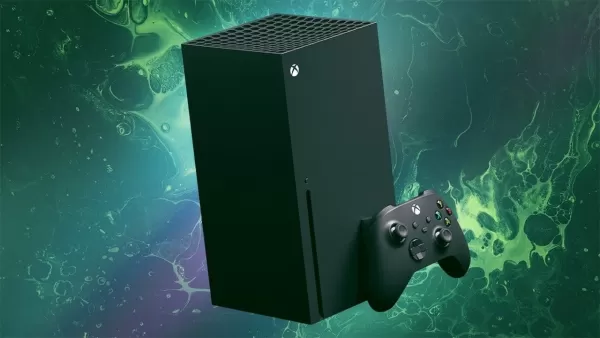
Microsoft has taken a starkly different approach to dealing with the tariff situation. In early May, the company proactively increased prices across its entire Xbox hardware lineup in anticipation of the upcoming tariff hikes. Despite being headquartered in the U.S., most Xbox consoles and accessories are manufactured in China, making them vulnerable to the 145% tariff increase.
The problem is, Microsoft has struggled significantly this console generation compared to Sony. The PS5 has outsold the Xbox Series X by a factor of two, and overall Xbox Series X|S sales lag behind even the previous-generation Xbox One during the same timeframe. Raising prices now could make an already difficult sell even harder.
For example, the entry-level Xbox Series S now starts at $380—an unattractive offer when you consider that for just $20 more, you can get a PS5 bundled with *Call of Duty: Black Ops 6*. Meanwhile, the flagship Xbox Series X received a $100 base price increase, now costing $600 for the same hardware launched in 2020. For comparison, Sony released the mid-gen PS5 Pro less than a year ago with modest improvements over both the PS5 and Xbox Series X—and despite lacking a disc drive or stand, the $700 PS5 Pro looks like a better deal.
It gets worse: if you want the upgraded 2TB version of the Xbox Series X, it’s now more expensive than the PS5 Pro. On top of that, Microsoft confirmed that all first-party games will retail for $79.99 this holiday season. Nintendo has also begun experimenting with higher pricing—its upcoming *Mario Kart World* for Switch 2 will cost $80, sparking fan backlash. While Sony and others haven’t followed suit yet, analysts predict that other companies may adopt similar pricing strategies if current economic conditions persist.



